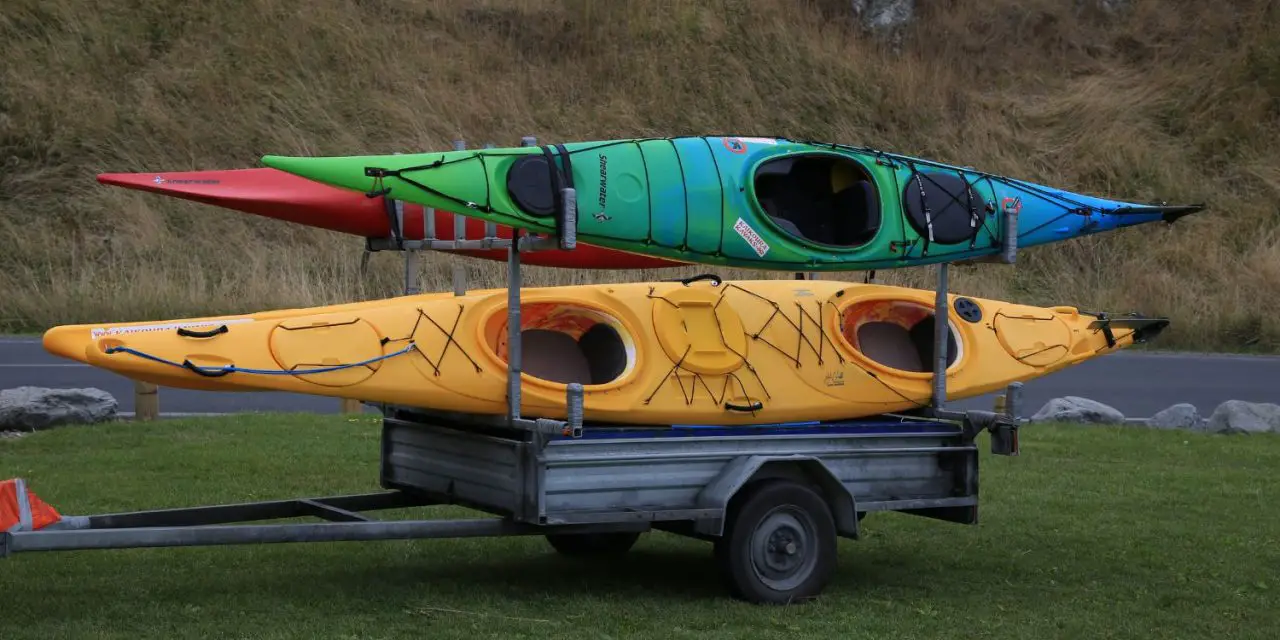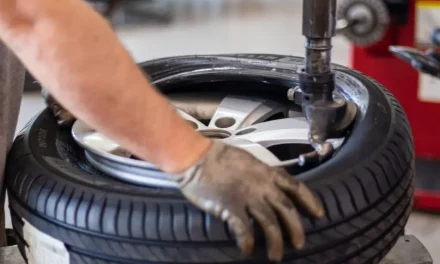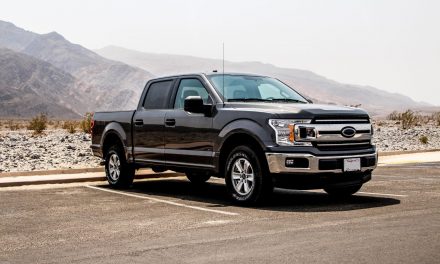Many trailer owners look for ways to save up on expenses. When looking for tire replacements, many wonder if the wheels come included with the tire purchase. You would think this should be the case, as rims and tires work together to move the car; however, you would be primarily wrong.
Upon purchase, trailer tires do not always come with wheels (aka rims). However, some manufacturers bundle the rim and tire together at a higher price. Buying a trailer tire and rim bundle is often cheaper in the long run.
This article will highlight the differences between trailer rims and car rims, explain why tire purchases do not include the rims, and guide you in choosing the best tires for your trailer. Let’s get started!
Please Note: While you will find rims and wheels utilized interchangeably in this article, they are, in fact, two different things. We touch on this subject a bit in this article here!
Are Trailer Wheels the Same As Car Wheels?
Trailer rims are not the same as car rims. Trailer rims are made explicitly for trailer vehicles, which typically carry a heavier load than cars. If you look at the sidewalls of trailer tires, they tend to be rigid, which helps handle the trailer’s weight.
Conversely, vehicle wheels are more flexible as car manufacturers aim for smoother rides. This flexibility also assists when drivers aim to change direction.
As such, trailer rims are adjusted by manufacturers and made heavier and thicker than car rims. The bolt patterns in trailer rims are also different.
Furthermore, you may notice differences in the offset. The mounting surface for trailer rims is placed right at the center to achieve zero offset. Positioning the mounting surface this way allows the load to be directly above the wheel, which makes controlling the trailer easier.
Positive offset on car rims is when the mounting surface faces the streets, while negative offset is when the mounting surface faces the vehicle. Fitting wider tires on positive offset rims is easier without worrying about the tire sticking out. Still, a negative offset would work better if your car frequently interacts with ice and snow.
Why You Should Avoid Using Trailer Tires on Your Car

One of the reasons why trailers have their tires made for them is because they handle different weights and stresses. They move differently than most vehicles and will only function properly with tires under certain specifications.
If you check the markings on the sidewalls of your tires, you will see the information about the tire.
If you see the letters “ST” on your trailer tire, you shouldn’t be using it for any other type of vehicle. ST is a special trailer and must be used only for campers and trailers.
Regular vehicles’ tuning and stopping requirements also significantly differ from what the ST tire was designed for.
Another issue with trailer tires is that they tend to have a shorter tread life than car tires. Regular cars are more in contact with roads, for many people use them for their everyday commute.
Trailers are expected to mainly interact with straight and long roads rather than the twisty roads of urban areas. For this reason, trailer tires are centered on load bearing and may only last for a short time compared to most car tires. The sidewalls are also much more rigid. The entire trailer would sway much more when turning if they were made flexible.
Why Tire Purchases Do Not Include the Rims
When purchasing tires, expect the rim to be excluded. Tire manufacturers only consider the cost of acquiring and manipulating the rubber according to vehicle specifications when sending them off to retail.
On the other hand, rims require a completely different process and are made of steel, aluminum, and other alloys.
However, some stores do sell tires and rims together. Additionally, you save up on installation costs when you get them together. Separately installing them will only incur twice the amount of time and cost.
Choosing the Best Tires for Your Trailer
Many people disregard choosing the best tires for their trailers, for they only use them rarely. But even the tire size affects your car’s operation, which I’ve already written about here.
But what people need to understand is that trailers often undergo very unusual wear and tear patterns. Most trailers are used 24 to 48 hours straight and are left alone for months and even years, which can strain the tires differently.
1. Choose a Heat-Resistant Tire
One of the biggest enemies of tires is heat. When the temperature rises, the pressure within your trailer tires also increases, which leads to the tires inflating.
Over-inflation of the tires significantly affects braking, and I know you don’t want that. Look for trailer tires with efficient heat-dissipating technology and ensure that the tire’s makeup will not invite heat absorption.
2. Consider How You Will Use Your Trailer
If you foresee that you will be carrying heavy loads often in your trailer, you should invest in stiff trailer tires. Remember, trailers are not made for turning, so don’t compromise on having an excellent stiff tire.
If you cut open your trailer tires, you might see a group of steel wires on the tire’s hook to the rim. This is purposely done to ensure the hook is firm to the rim. Some trailer tires offer steel wire counts twice as much as that truck tires.
But if you foresee a light load for your trailers, you can afford to compromise on the sidewalls and invest in flexibility.
3. Examine the Grooves of the Tires
The best trailer tires have grooves specifically engineered for certain circumstances. Some are shaped to wash out the water away from your tires.
Another thing to consider is the threads. Don’t look for a tire that gives you high speed, for trailer tires aren’t made to go above 70 miles per hour (113 kilometers per hour). Stick to trailer tires that have the best traction and load-bearing mechanisms.
Conclusion
Trailer tires, unfortunately, do not come with rims when you buy them. However, you can get bundle packages to save up on installation costs. Take note of the information above when choosing your trailer tires and prevent having rough rides on the road.





